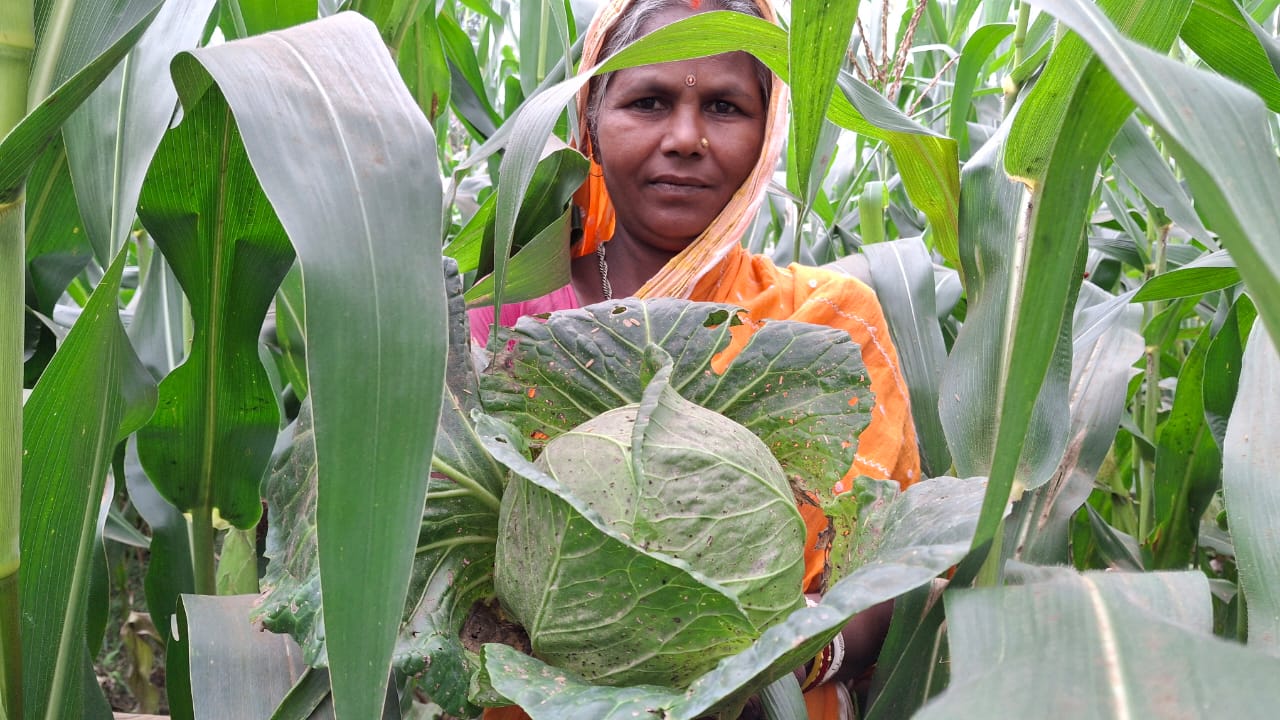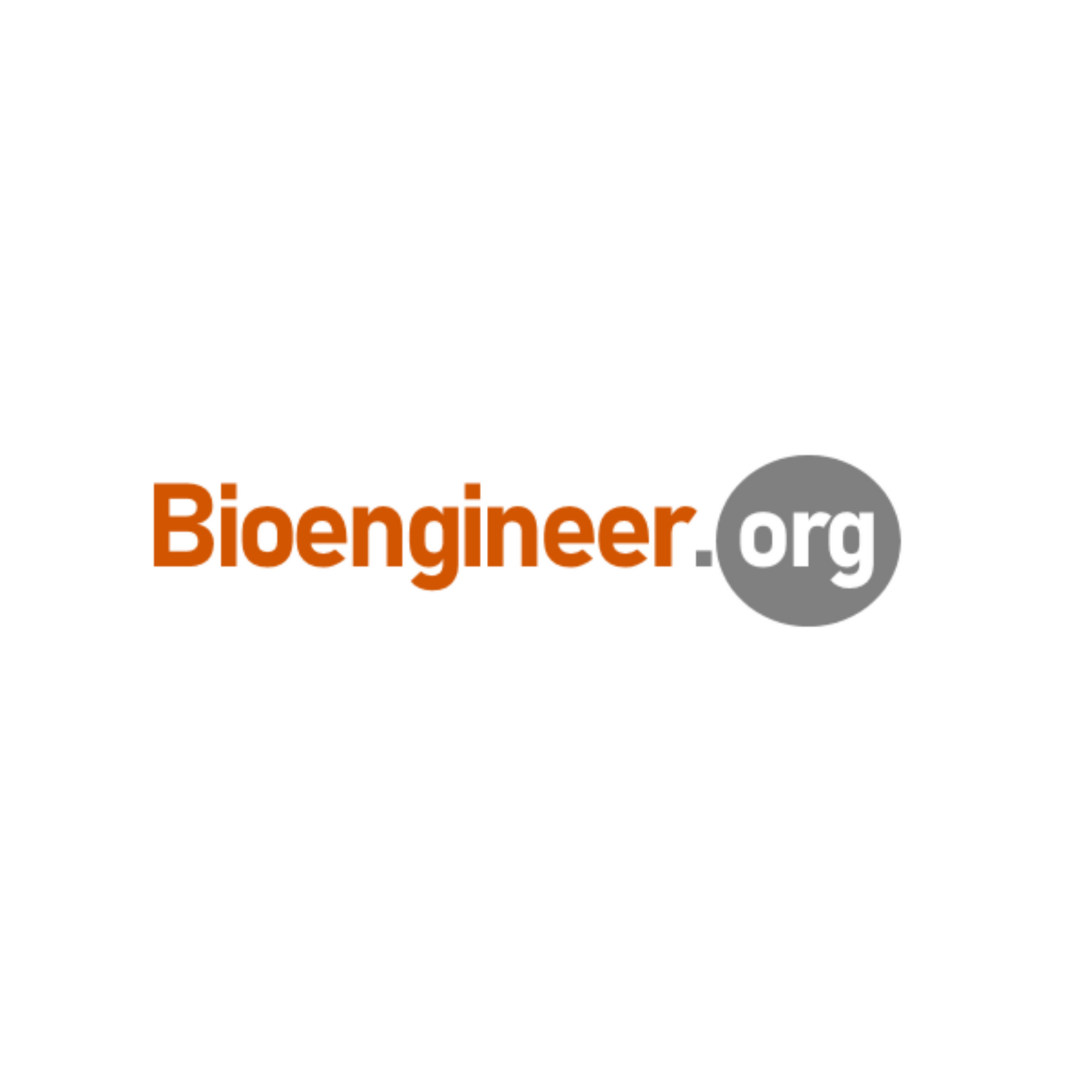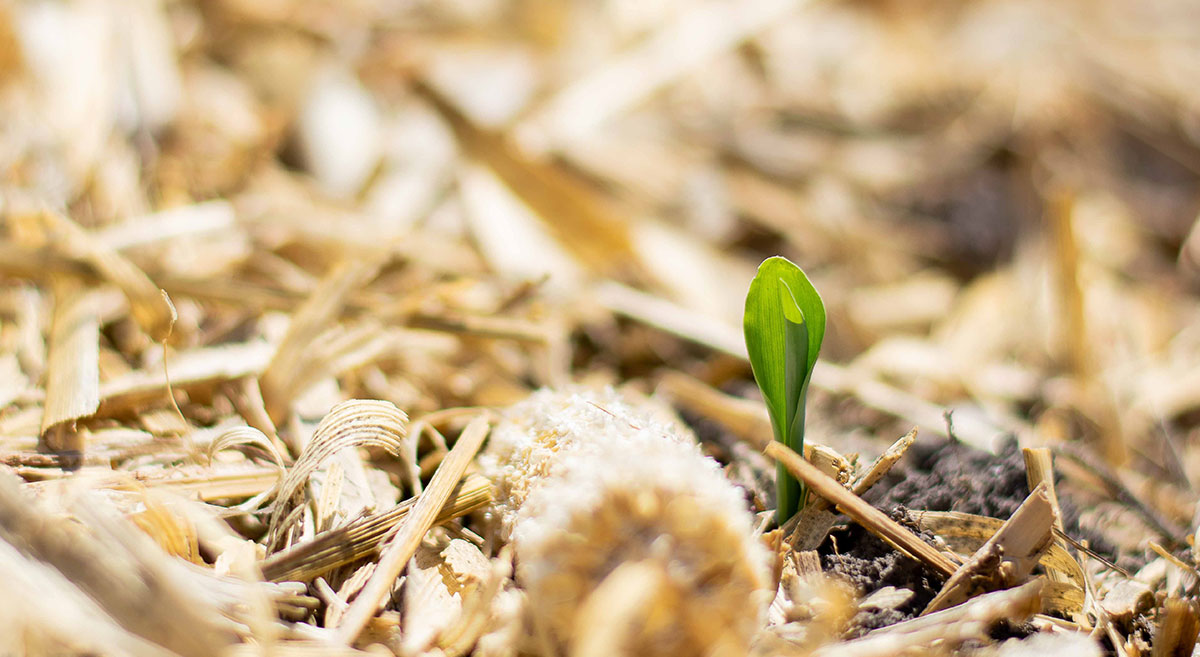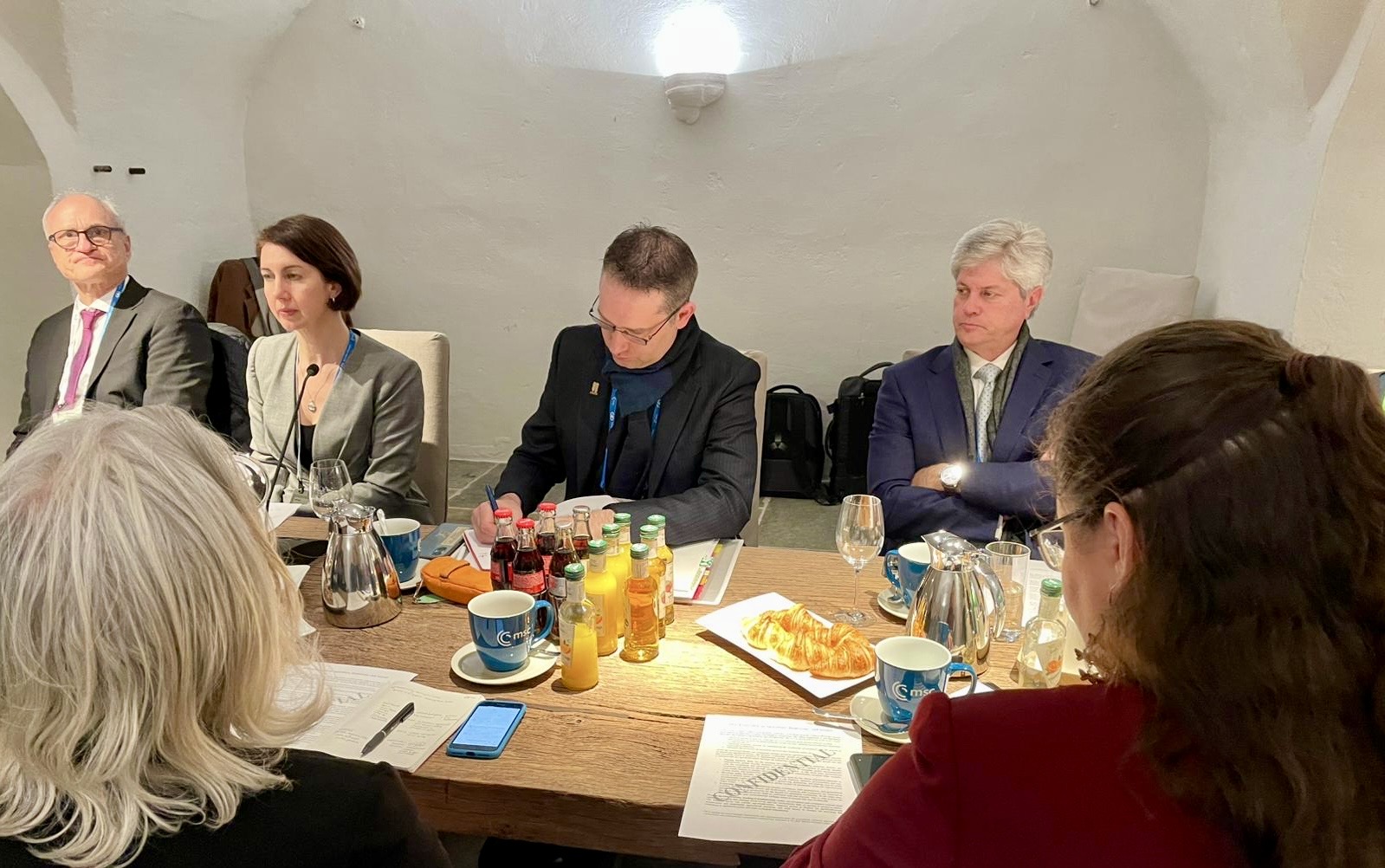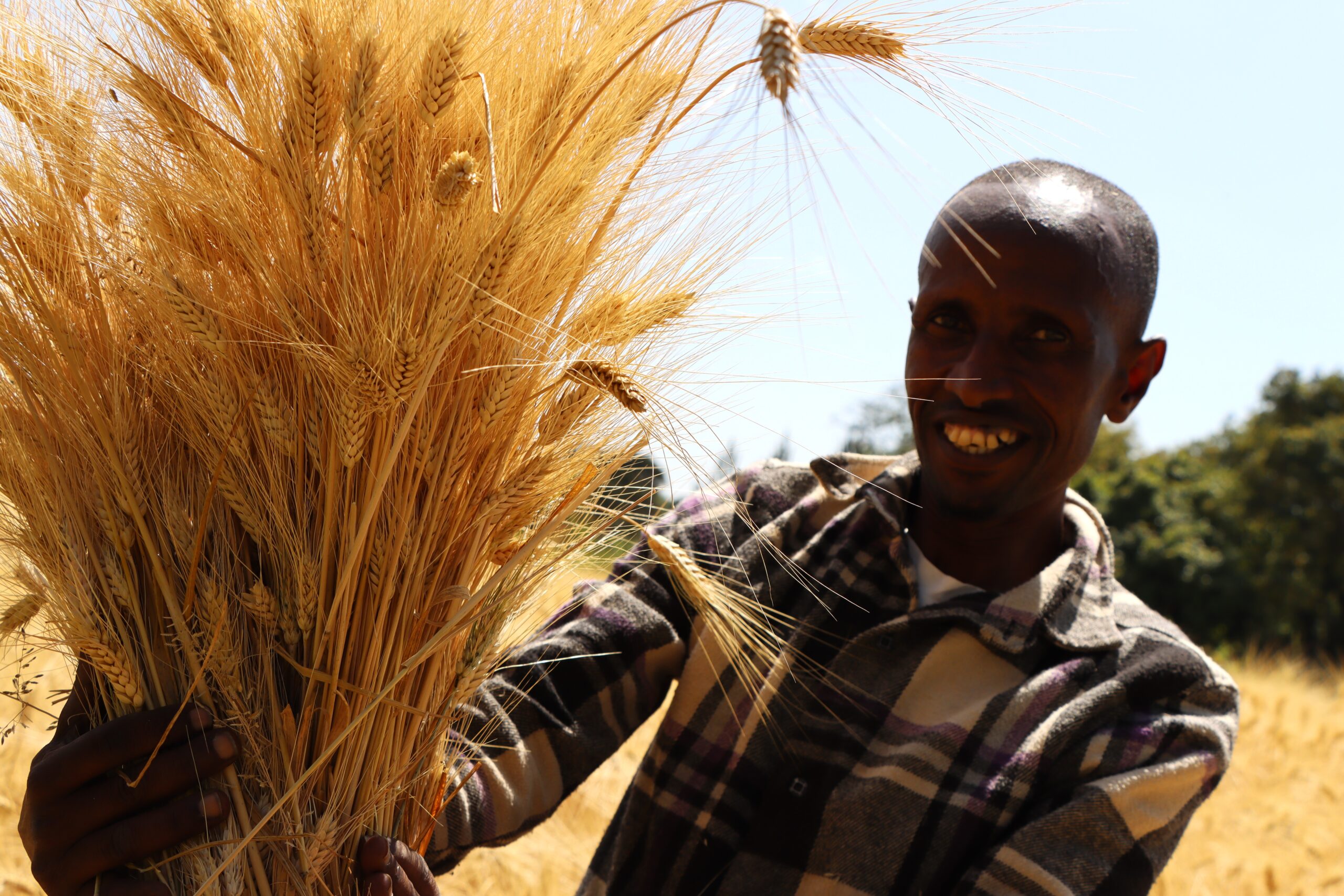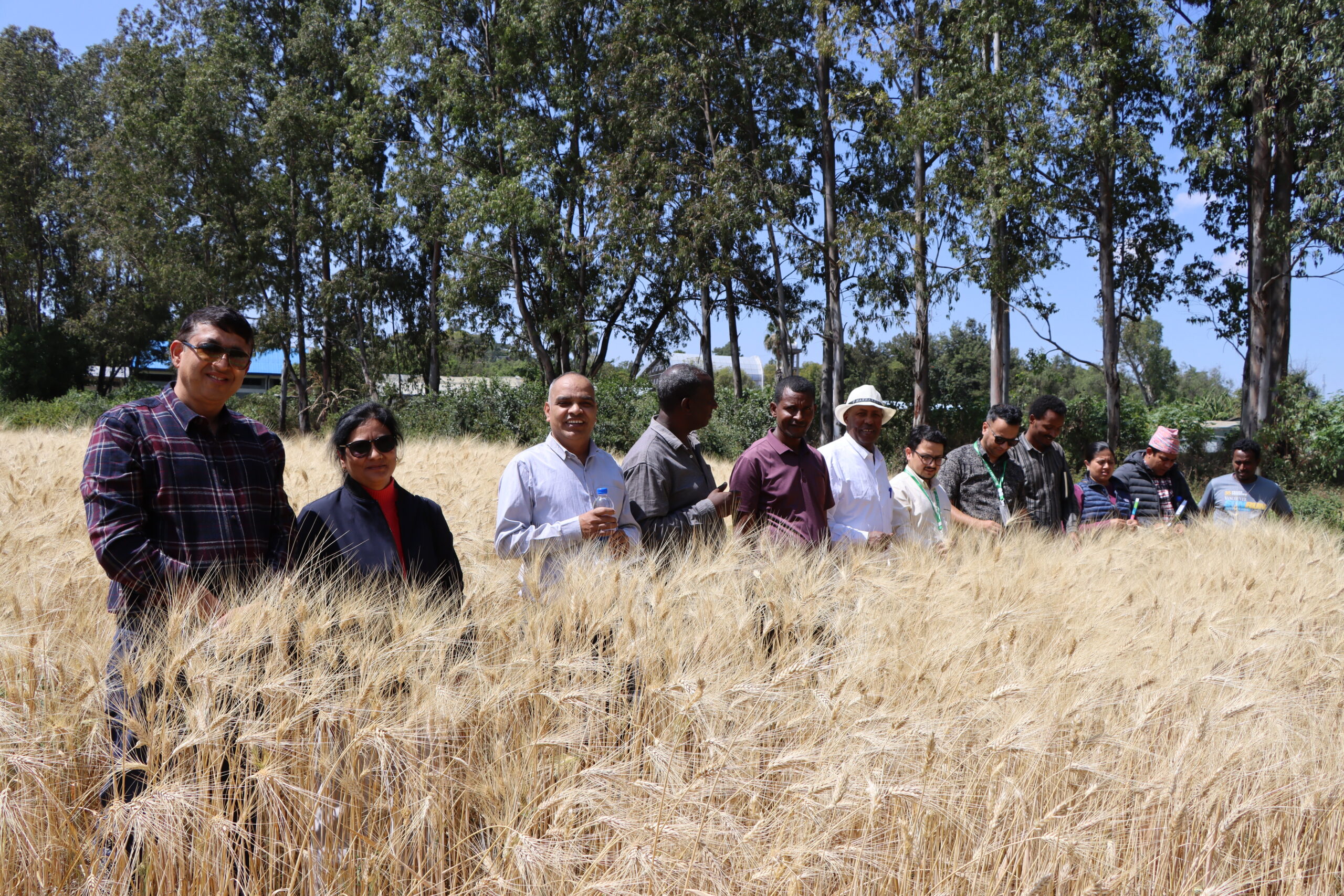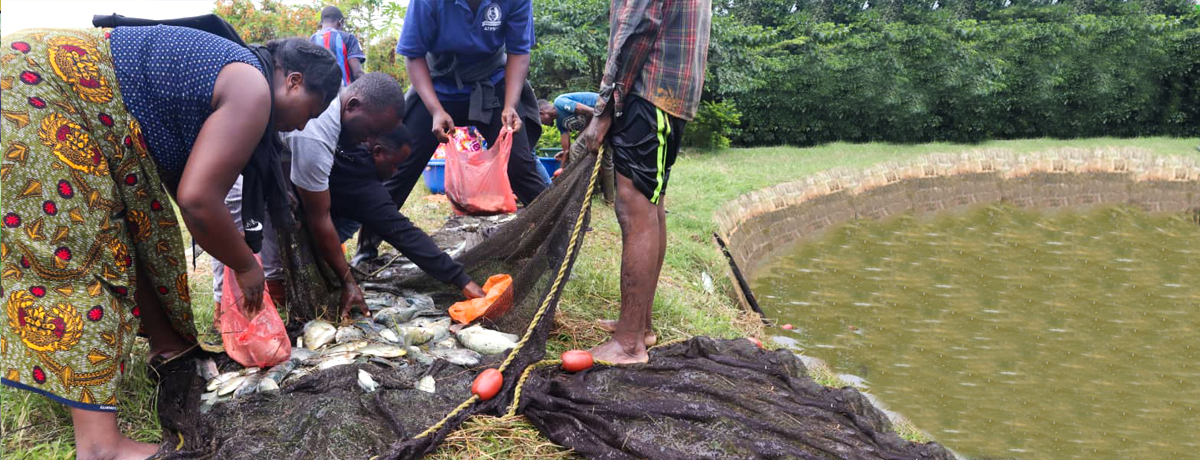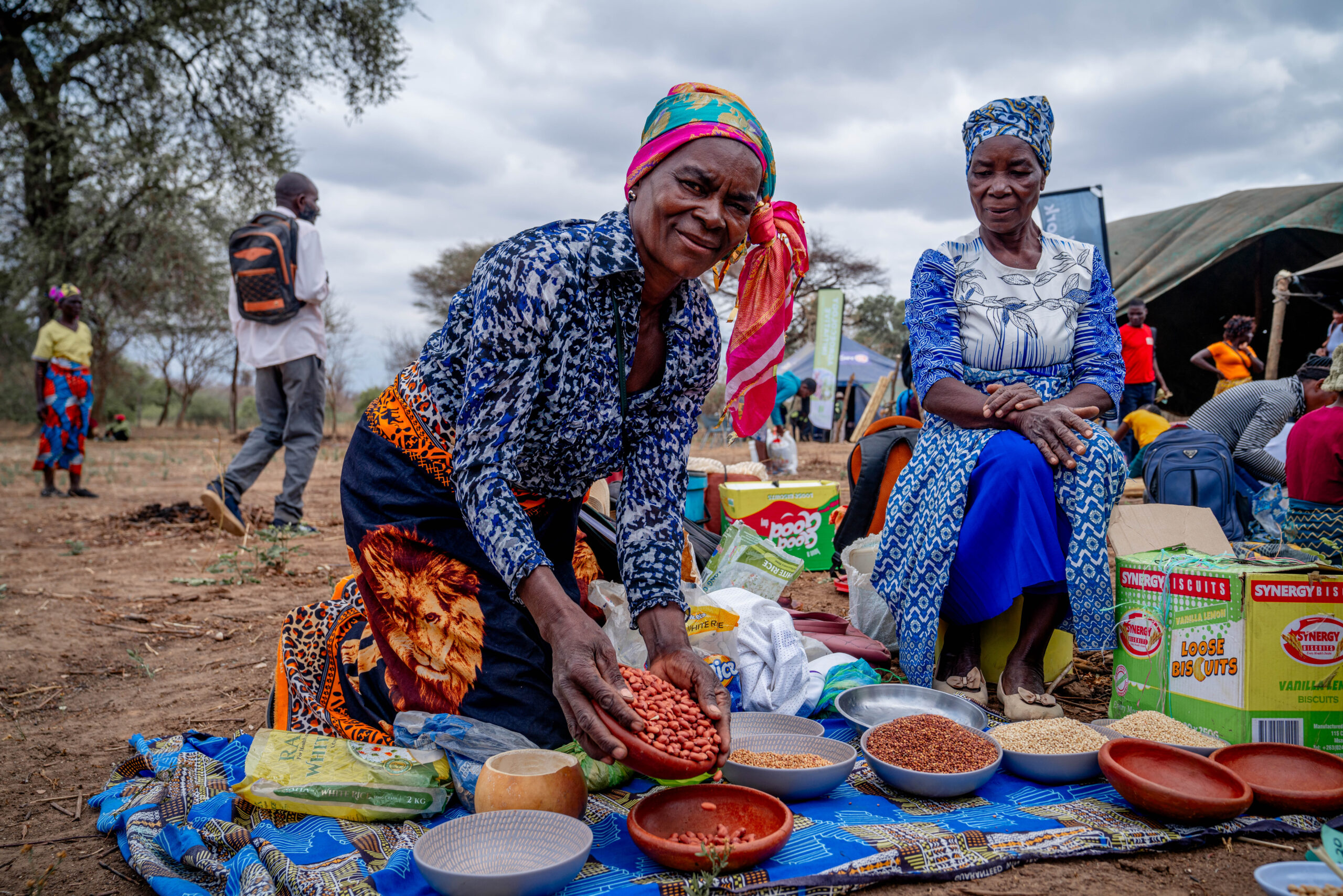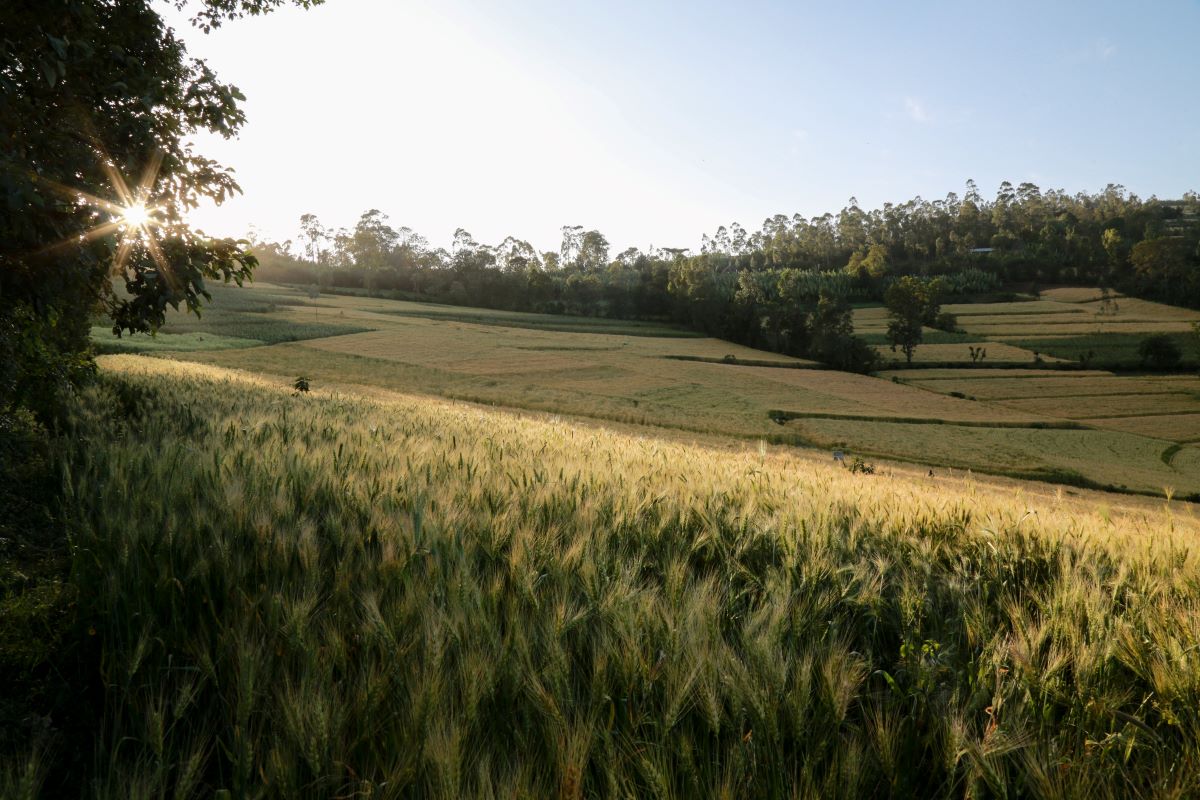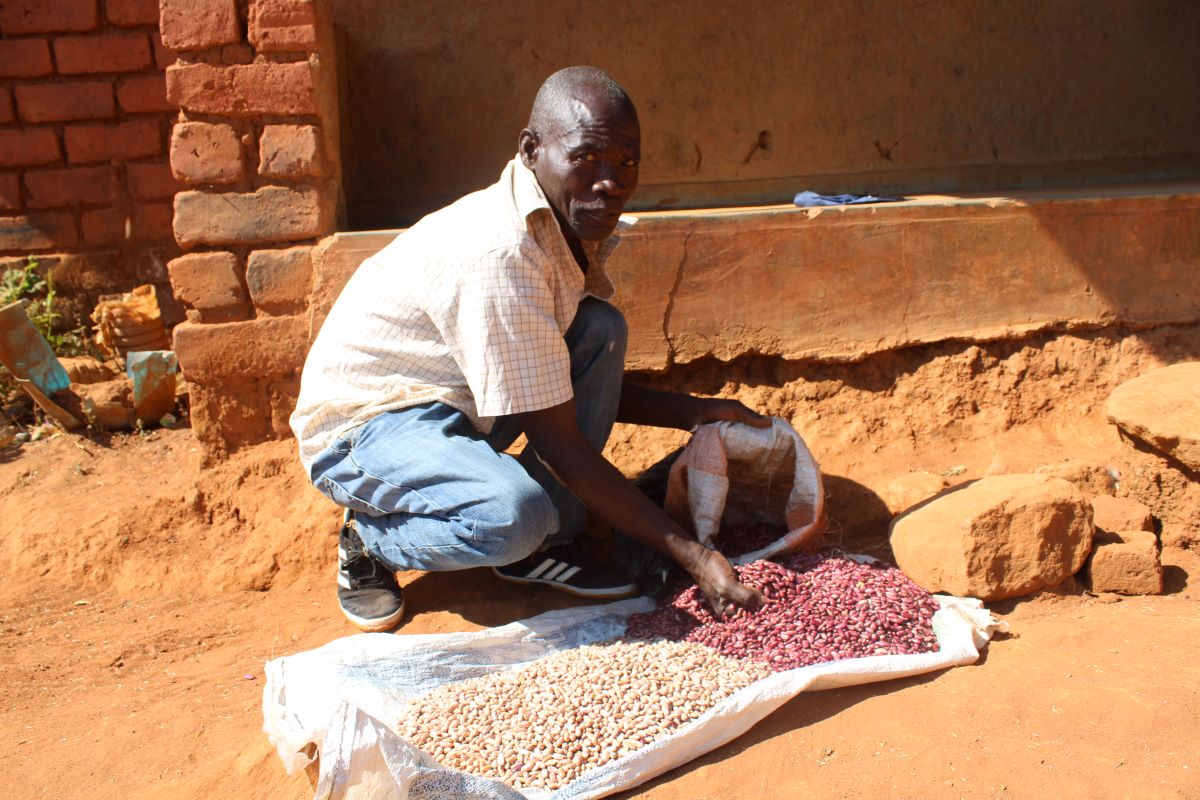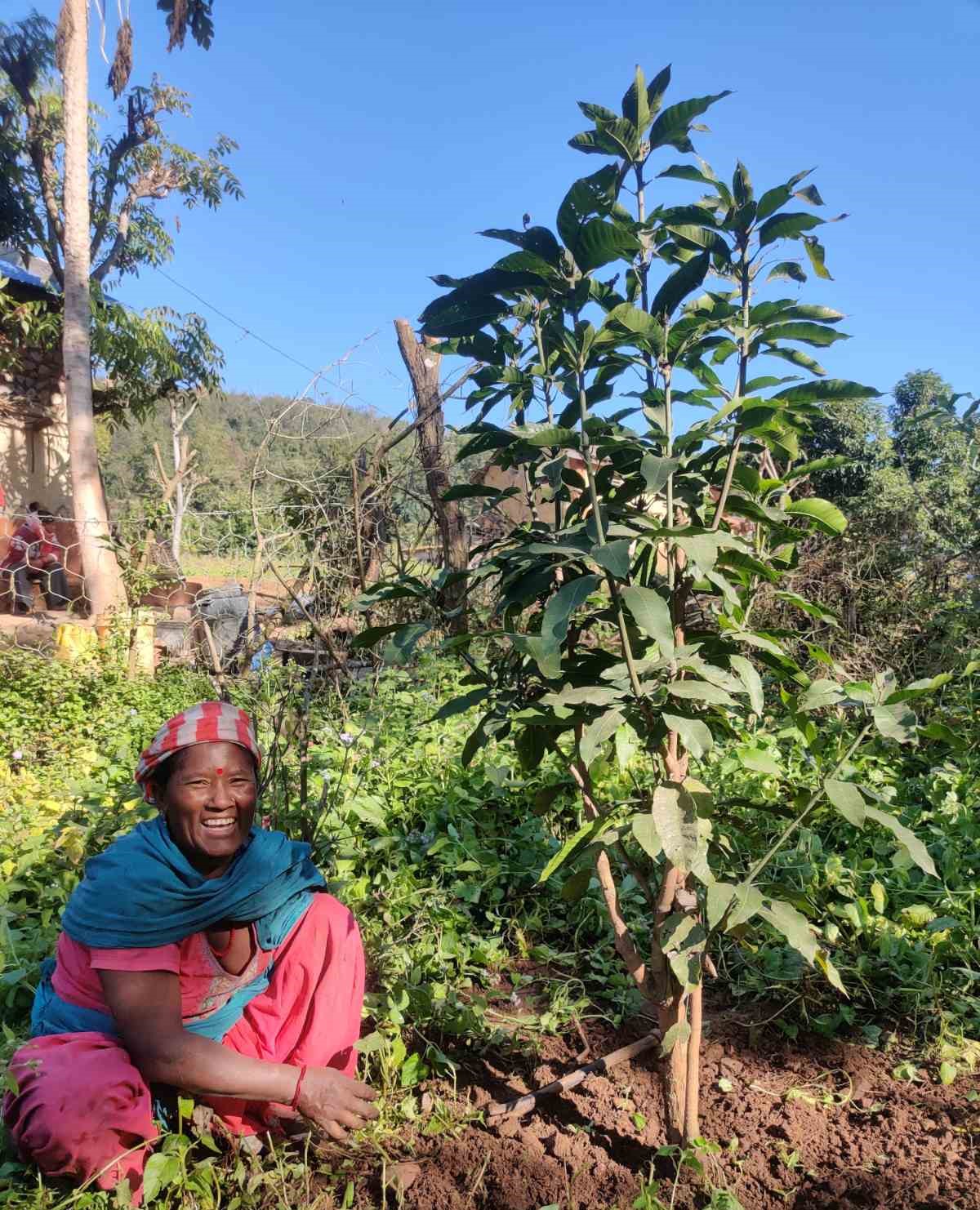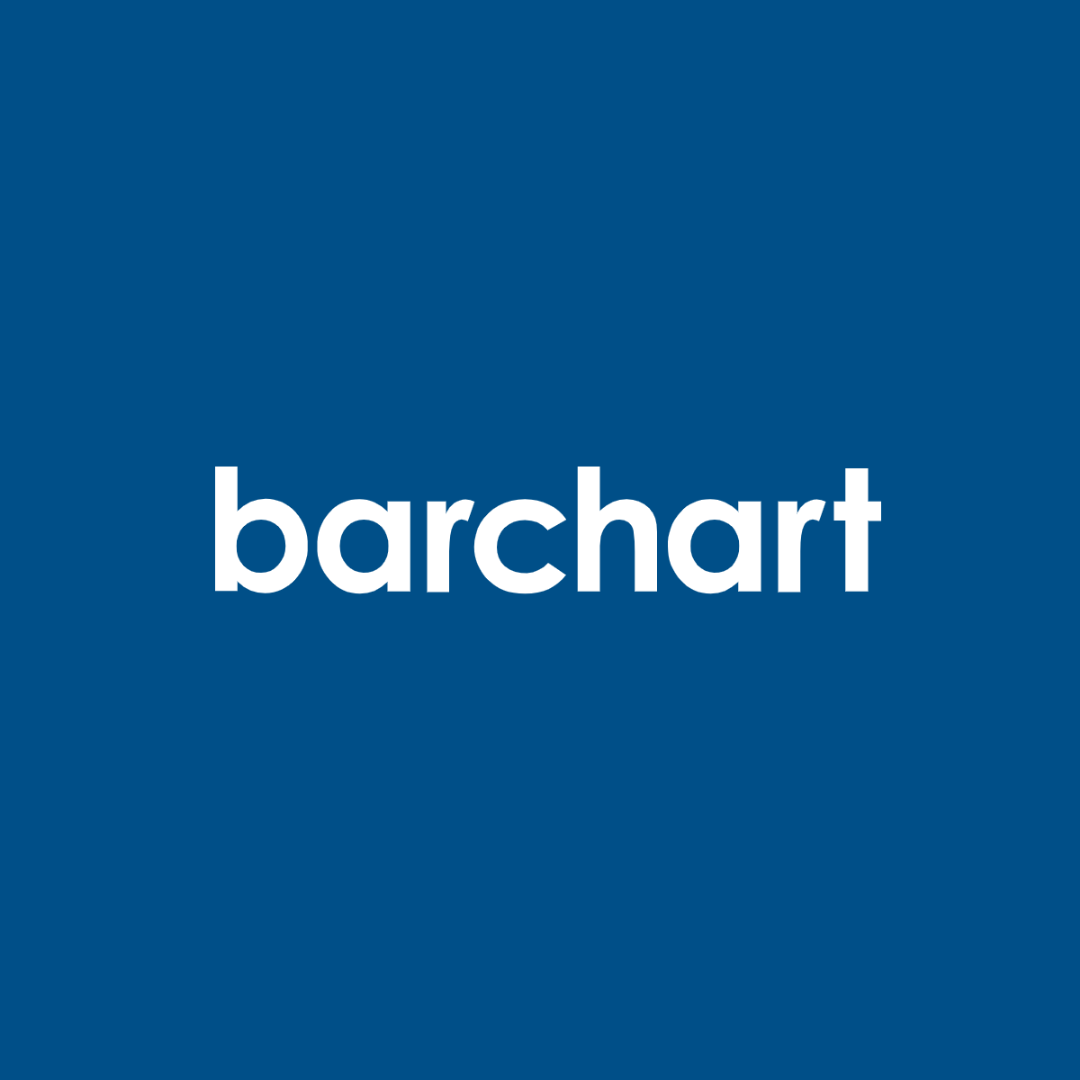Nutrition, health and food security
As staple foods, maize and wheat provide vital nutrients and health benefits, making up close to two-thirds of the world’s food energy intake, and contributing 55 to 70 percent of the total calories in the diets of people living in developing countries, according to the U.N. Food and Agriculture Organization. CIMMYT scientists tackle food insecurity through improved nutrient-rich, high-yielding varieties and sustainable agronomic practices, ensuring that those who most depend on agriculture have enough to make a living and feed their families. The U.N. projects that the global population will increase to more than 9 billion people by 2050, which means that the successes and failures of wheat and maize farmers will continue to have a crucial impact on food security. Findings by the Intergovernmental Panel on Climate Change, which show heat waves could occur more often and mean global surface temperatures could rise by up to 5 degrees Celsius throughout the century, indicate that increasing yield alone will be insufficient to meet future demand for food.
Achieving widespread food and nutritional security for the world’s poorest people is more complex than simply boosting production. Biofortification of maize and wheat helps increase the vitamins and minerals in these key crops. CIMMYT helps families grow and eat provitamin A enriched maize, zinc-enhanced maize and wheat varieties, and quality protein maize. CIMMYT also works on improving food health and safety, by reducing mycotoxin levels in the global food chain. Mycotoxins are produced by fungi that colonize in food crops, and cause health problems or even death in humans or animals. Worldwide, CIMMYT helps train food processors to reduce fungal contamination in maize, and promotes affordable technologies and training to detect mycotoxins and reduce exposure.
Double the Harvest, Double the Income: Intercropping for Yield, Income and Security
 Climate adaptation and mitigation
Climate adaptation and mitigation
In eastern India, smallholder farmers are transforming agriculture through CIMMYT-led intercropping innovations that boost income, improve nutrition, and build resilience against climate risks
Ethiopia’s Offer to China, Mexico On Agricultural Modernization
 Innovations
Innovations
Source: HCN Times ()
Ethiopia seeks continued support from Mexico through CIMMYT to advance agricultural modernization, including irrigation and durum wheat development
Sugar Signalling Breakthrough Could Increase Wheat Yields by Up to 12%
 Climate adaptation and mitigation
Climate adaptation and mitigation
Source: Bioengineer ()
Field trials led by CIMMYT in Mexico confirmed that T6P spray treatments can consistently boost wheat yields by up to 12%, even under challenging climatic conditions
Caring for the Earth to Secure the Future
 Climate adaptation and mitigation
Climate adaptation and mitigation
In the framework of International Mother Earth Day (April 22), initiatives such as Supporting Responsible Sourcing in Mexico highlight the importance of redefining our relationship with the Earth and offer options to establish a more harmonious connection with nature
Strengthening One Health Approach in Agriculture Requires Cross-Sectoral Partnerships, Information
 Capacity development
Capacity development
Source: MSN ()
CIMMYT is supporting the One Health approach through research linking livestock health, sustainable farming, and food security
Munich Statement on Agriculture, Biodiversity and Security: there is no security without food security
 Climate adaptation and mitigation
Climate adaptation and mitigation
At the 2025 Munich Security Conference, CIMMYT led the call to endorse the Munich Statement on Agriculture, Biodiversity, and Security, highlighting resilient food systems and agricultural biodiversity as cornerstones of global peace and stability
CIMMYT drives wheat production systems and enhances livelihoods in Ethiopia’s Lowlands through the ADAPT-Wheat Project
 Innovations
Innovations
CIMMYT is enhancing wheat production in Ethiopia’s irrigated lowlands with stress-tolerant varieties, modern mechanization, and farmer capacity-building to strengthen food security
Bridging borders: A South-South exchange between Ethiopia and Nepal to tackle soil health challenges
 Climate adaptation and mitigation
Climate adaptation and mitigation
CIMMYT facilitated a South-South exchange between Ethiopia and Nepal, fostering collaboration on innovative soil health solutions to enhance agricultural sustainability, climate resilience, and food security
An entrepreneur’s journey in aquaculture: Fueled by partnership, innovation, and resilience
 Capacity development
Capacity development
Cosmas Chachi’s journey into sustainable aquaculture, supported by AID-I, exemplifies how innovative, community-driven solutions can meet market demands, and improve nutrition while empowering rural livelihoods in Zambia
Minister warns of counterfeit seed risks as planting season looms
 Climate adaptation and mitigation
Climate adaptation and mitigation
Source: New Vision ()
CIMMYT recognized Dr. Godfrey Asea for developing drought-tolerant maize, reinforcing its commitment to climate-resilient agriculture in Uganda
Advancing gender and social inclusion in agroecology: Insights from the CGIAR Agroecology Initiative in Zimbabwe
 Gender equality, youth and social inclusion
Gender equality, youth and social inclusion
The CGIAR Agroecology Initiative empowers women and youth in Zimbabwe by embedding gender and social inclusion into sustainable farming
Time Running Out to Avert Food Catastrophe, but There Is Hope
 Climate adaptation and mitigation
Climate adaptation and mitigation
CIMMYT advances scientific innovations to boost crop productivity, resilience, and global food security
Advisory services boost bean farming in Malawi
 Climate adaptation and mitigation
Climate adaptation and mitigation
The AID-I program boosts bean farming in Malawi by connecting farmers to markets, improving yields and incomes, and enhancing resilience and food security
Sowing a Seed of Hope: Transforming Lives through Mixed Farming in Nepal
 Innovations
Innovations
In Nepal, CIMMYT’s Mixed Farming Initiative transforms traditional farming into sustainable, resilient systems for marginalized communities
Tecnologico De Monterrey Develops Nutraceutical Corn to Address the Global Food Crisis and Improve Health
 Innovations
Innovations
Source: barchart ()
Tecnologico de Monterrey and CIMMYT developed nutraceutical corn to enhance nutrition and advance food security
